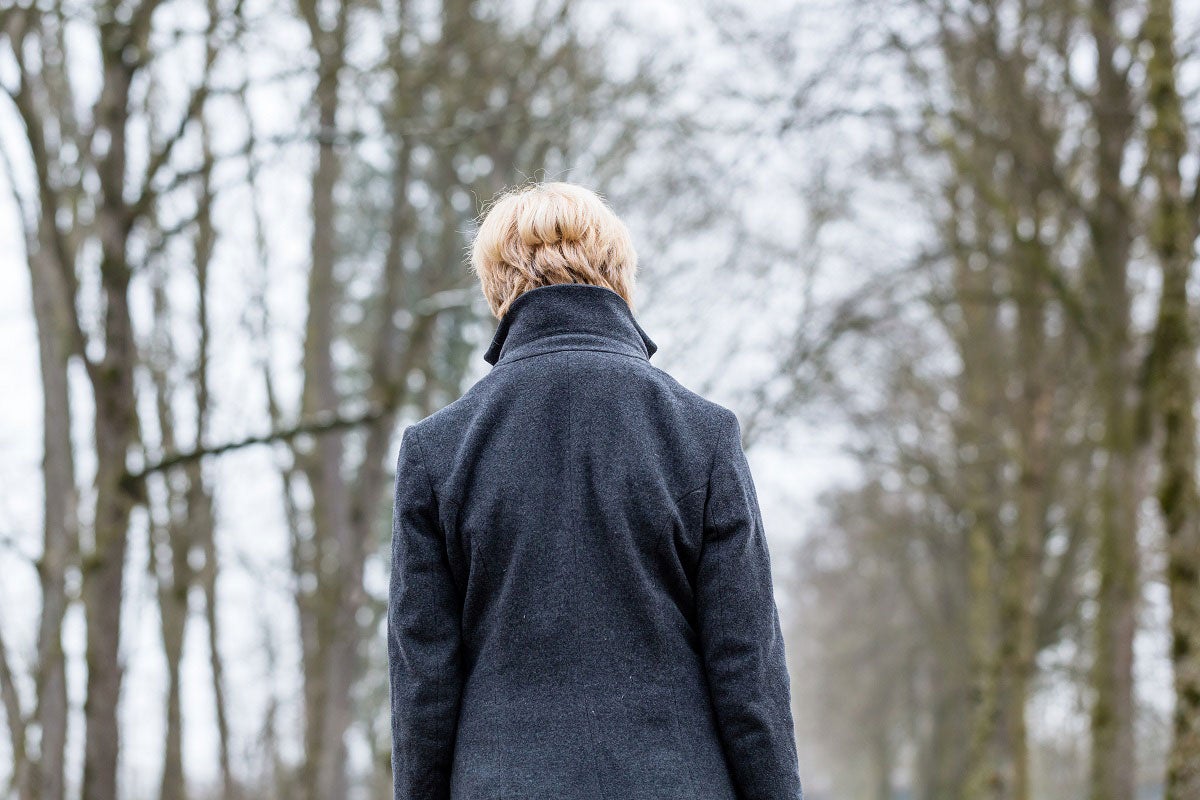Coping with Seasonal Affective Disorder
Don't Wait for Spring: Effective Strategies for Fighting Seasonal Affective Disorder (SAD)
November 20, 2018

The sun is sinking below the horizon earlier than ever these days, and so is your mood.
All of a sudden you’ve become lethargic; activities you looked forward to just a few weeks ago you no longer can stomach. Speaking of which, your appetite has flourished. Maybe it was the influx of Halloween candy, but you can’t stop eating sweets and you’ve packed on a few pounds. You’d exercise, but that would interfere with the extra shuteye you’ve been getting lately and that’s OK, because it’s not like you’ve got the energy to even think about a workout, let alone trudge through one. …
If any or all of this sounds familiar, odds are good you’re grappling with Seasonal Affective Disorder (SAD), or its more mild cousin, the winter blues. Brought on by the shortening of the days, this type of depression tends to wax and wane with the seasons, bringing with it a host of symptoms, including:
- A decrease in energy levels
- Increased appetite, particularly for carbohydrates
- Weight gain
- Decreased productivity at work or school
- Social withdrawal
- Increased sleep
Nationwide, roughly 20 percent of Americans struggle with SAD or the winter blues. And women are four times as likely as men to be struck by it. Fortunately, no one struggling with SAD needs to sit idle waiting for spring to arrive and alleviate symptoms.
A leading treatment for SAD is light therapy, which the National Institute of Mental Health reports has been widely used for 30 years. The idea is simple: when the days are shorter and sunshine is in shorter supply, exposure to bright, artificial light can help brighten your outlook on life.
Other treatments include medication and psychotherapy. You may have heard that taking a vitamin D supplement can improve your mood, but the research on that is inconclusive. Regardless, you should know that the winter blues don’t need to suck the life out of your life.
If you believe you are struggling with SAD, please contact a professional to discuss the right treatment options for you. AtlantiCare Behavioral Health (ABH) is southeastern New Jersey’s largest provider of mental health, substance use/addiction recovery services, and family care social services, and the ABH team is ready to help you in your time of need.
To learn more, click here.


